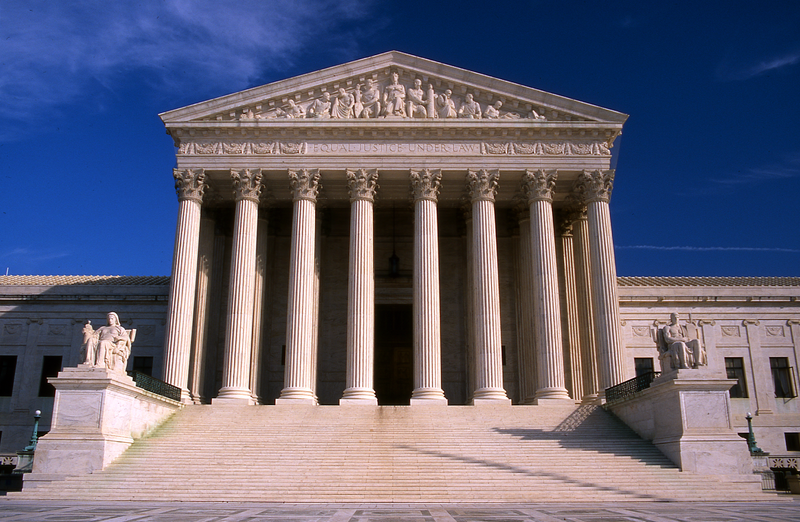 Today the U.S. Supreme Court heard arguments in a landmark case brought by the Center for Class Action Fairness (CCAF) challenging an unfair class action settlement in which lawyers and their hand-picked universities and pet causes got millions while class members got nothing.
Today the U.S. Supreme Court heard arguments in a landmark case brought by the Center for Class Action Fairness (CCAF) challenging an unfair class action settlement in which lawyers and their hand-picked universities and pet causes got millions while class members got nothing.
“The Supreme Court has an opportunity to stop a clear abuse of the class action system that short-changes consumers,” said Theodore H. Frank, CEI’s director of litigation. Frank is a named petitioner in the case, Frank v. Gaos, and made history as the first petitioner to argue his own case before the Supreme Court in the 21st century.
“Plaintiffs’ attorneys negotiated a settlement that paid themselves millions of dollars and gave themselves control of a slush fund to donate to their pet causes, while leaving class members – their clients – with nothing,” Frank explained. “We hope the Supreme Court will rule against this unfair settlement and adopt a standard that will protect consumers from being preyed upon by their own attorneys in future cases.”
“As a class member in this case, I would have preferred to receive my portion of the settlement instead of giving it away to the attorneys’ alma maters and other pet causes,” said fellow petitioner and CEI senior attorney Melissa Holyoak. “Now that the Supreme Court has heard the concerns of consumers, it is up to the Justices to set a standard that ensures class members are not taken advantage of by their attorneys.”
The original class action lawsuit centered on alleged privacy violations by search engine giant Google. CEI’s Center for Class Action Fairness objected to the settlement negotiated by the plaintiffs’ lawyers and Google when it provided $0 to class members but divided millions between the plaintiffs’ lawyers and third party organizations unrelated to the case – called cy pres recipients.
The cy pres recipients included class counsel’s alma maters and several organizations that Google already supports through donations. This means Google was able to get rid of a lawsuit brought by more than 100 million people by making no material changes to its practices and simply donating to some of the same groups it supports anyway. This unfair settlement typifies cy pres abuse.
A decision from the Supreme Court is expected next year. For more information on Frank v. Gaos, visit the FAQ page here.
About CCAF
The Class Action Fairness represents class members against unfair class action procedures and settlements. Originally founded by Theodore H. Frank in 2009, the center has won millions of dollars for consumers and shareholders, and won landmark precedents that safeguard consumers, investors, courts, and the general public.
